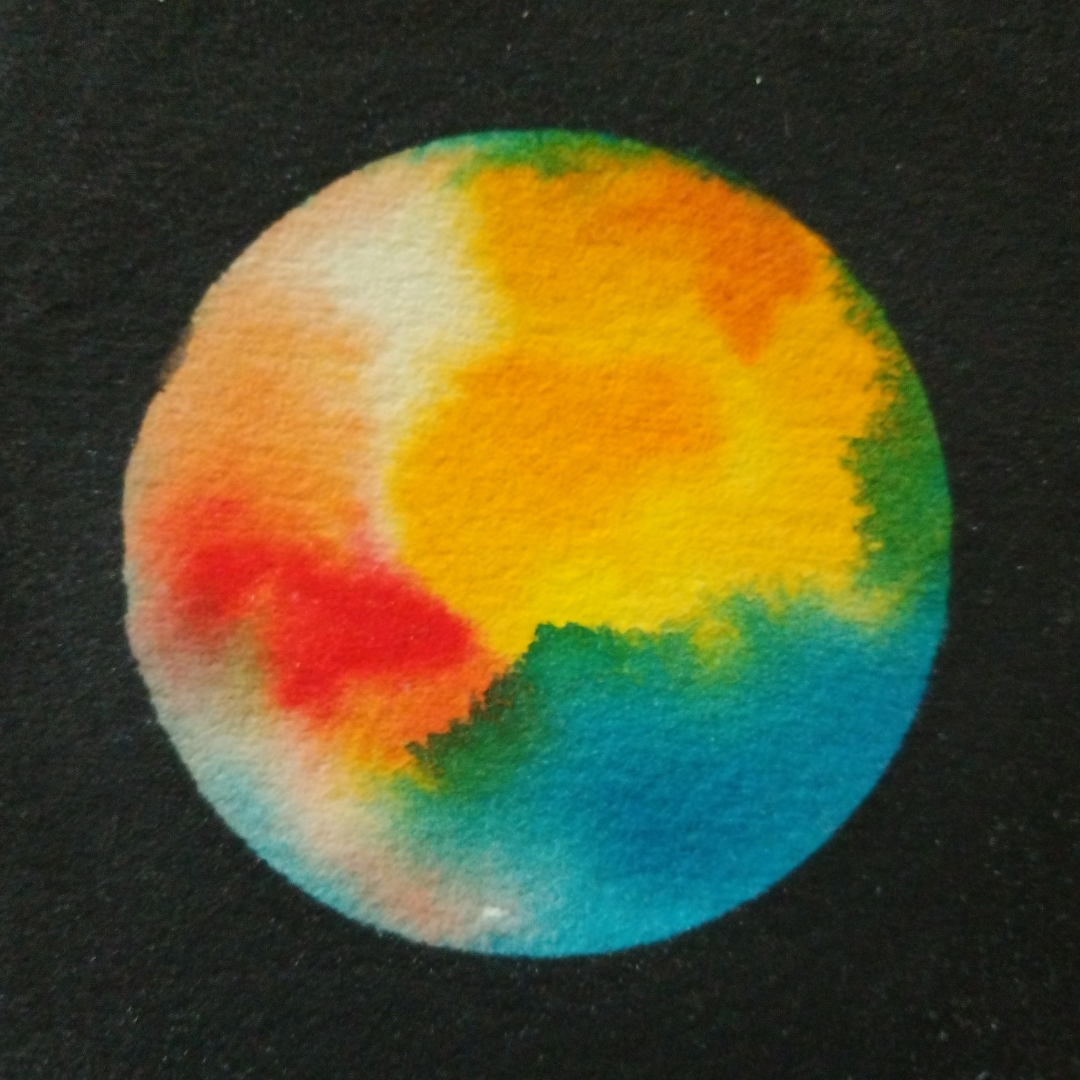Navigating Complex Conflict

(I recommend Love Letters to God by Nahko and Medicine For The People to go with this newsletter.)
If I were to make a list of skills I think we desperately need as we enter an uncertain future, I would put navigating complex conflict in the top three. Maybe number one.
When I look at the many crises we're facing, from climate inaction to social inequality to war, I fundamentally see a relationship crisis.
Yes - there is also a need for technical solutions. But I don't think we're short on brilliant solutions. What we struggle with is our ability to commit and implement. And the people who help us do that will be the people who know how to bridge even the most polarized relationships.
Even simple conflicts can be extremely challenging. Complex conflict that threatens our sense of identity or well-being is utterly excruciating.
To make it more complicated, powerful people who want to remain in power learned long ago how our vulnerability to conflict can be manipulated to influence large numbers of people, acting like puppeteers behind the scenes - something I refer to as trauma hacking.
One cultural myth trauma hacking relies on is the idea that untenable conflict boils down to competing interests.
The competing interests myth goes like this: People are essentially different from one another. They have different values, beliefs, worldviews, and desires. Those differences naturally create conflict. That's why they fight. It's the way things have always been and will continue to be. There's very little anyone can do to fundamentally change that.
The thing is - the root of conflict is actually not about competing interests. It's about our inability to see our common interests. Connecting with common interests in the midst of conflict requires that we go deeper.
One way to go deep with another person is to resort to violence - but it's also extremely messy, over-used, and ensures a fertile ground for more trauma hacking. It replicates a pattern of conflict most of us are tired of, and it blocks us from solving our most pressing problems.
Going deeper without violence is also hard and painful. Few of us have been supported with the tools for doing it well - either in ourselves or with others. Without those tools, violence can feel temporarily easier and more satisfying. With those tools, conflict becomes a powerful opportunity for transformation, liberation, and a new world.
On Tuesday, December 3, I'll be presenting an 80-minute in-person workshop entitled "Navigating Conflict Across Differences of Privilege and Identity" at the Lynnwood Event Center as part of the Equity in Education Coalition's Community Advocacy Day.
We'll be talking about how to navigate complex conflict that happens between people of different identities and privilege. We'll look at the role of trauma hacking and extraction dynamics that show up in normative conflict experiences. We'll share our best strategies in difficult moments and begin outlining personal steps toward a transformative conflict practice.
As we prepare for whatever comes next, let's make sure that going deeper with conflict is a central part of our work.
What do you think? Send me your thoughts at james.boutin@mailfence.com
Lots of Love,
James
www.jamesboutin.com
(Did someone forward you this newsletter? Sign up here)
